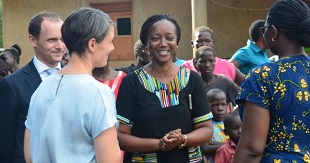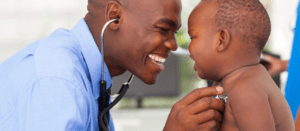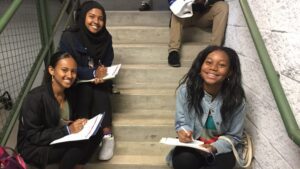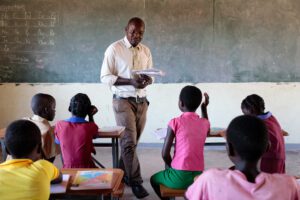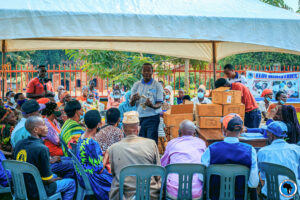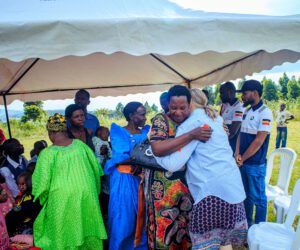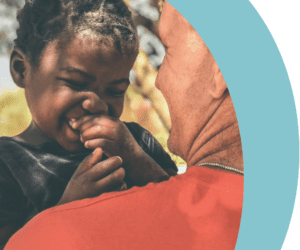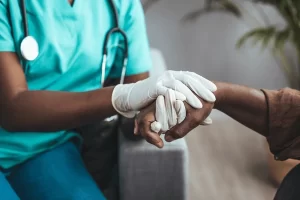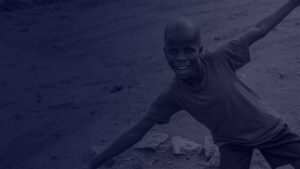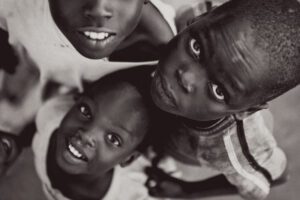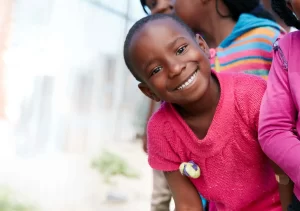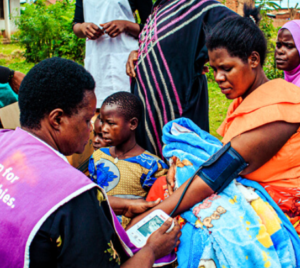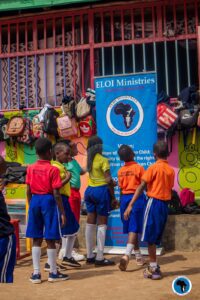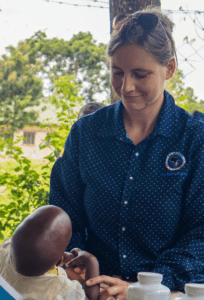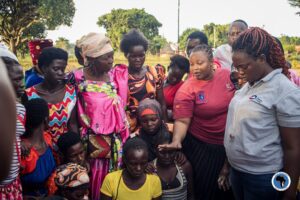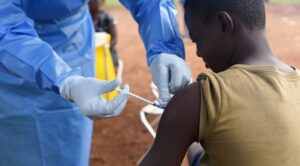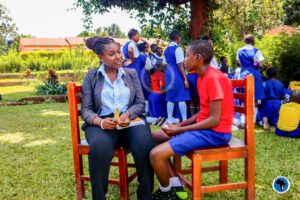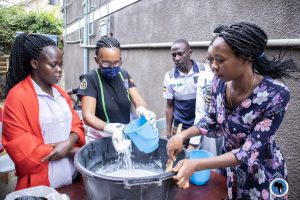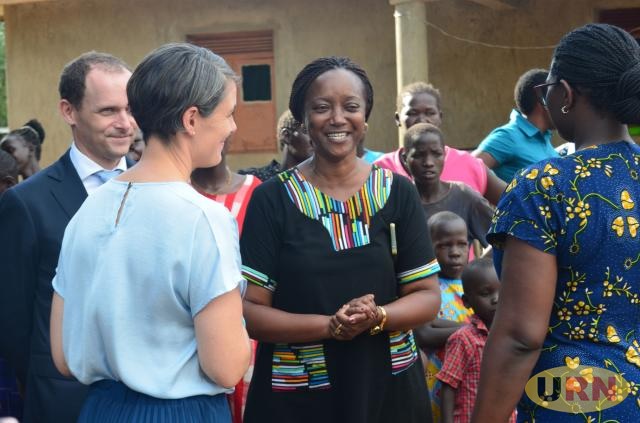
Moroto, Uganda | | The Royal Danish Embassy in Uganda together with Ireland, the Netherlands, and Sweden have launched a partnership with civil societies in the Karamoja sub-region.
The partnership was launched on Tuesday in Moroto district, focusing on promoting accountability, civic engagement, and Human Rights.
Partners who will benefit from the program include RiamRiam Civil Society, Uganda Law Society, FIDA Uganda, and others operating with the sub-region.
Signe Winding Albjerg, the Danish Ambassador to Uganda noted that a strong engagement of civil society plays a key role in improving service delivery through a meaningful partnership between the state and non-state actors as well as citizens.
Albjerg said that the local organizations shall receive grants to support the implementation of the projects to improve service delivery. She observed that several programs did not perform well in the region due to its unique geographical locations and the local community remains in dire need of services.
Albjerg confirmed 13 organizations for the direct partnership and will work with others bringing over 20 partners who will be receiving funding of between one billion to over 12 million shillings.
Joost Van Ettro, the Head of Cooperation of the Netherlands Embassy applauded the partners for their persistence, determination, and commitment to strengthen democratic values and to protect human rights and civic space.
Ettro noted that championing human rights, civic engagement, and accountability creates an environment where every individual can live with dignity and freedom.
Maria Hakanssen, the Swedish Ambassador to Uganda said that based on their experiences, democratic and social-economic development requires citizen’s participation to drive change and ensure an accountable government.
Hakanssen strongly believes that the country cannot develop without civic participation and they need accountability on service delivery and respect for human rights.
Hakanssen said they are looking forward to supporting the collaboration between the civil society and the state actors so that impact is realized for the betterment of the community.
Lilian Byarugaba, the Executive Director of FIDA Uganda said that the project will address gender justice issues and promotional access to justice in the districts of Moroto and Kaabong.
Byarugaba said that they have been implementing the same program for the last ten years that was funded by the Swedish Embassy through UN Women but ended last month.
She said that they will continue engaging the elderly to ensure that they abandon the bad cultural practices that present barriers to the realization of gender equality.
Jesca Ruth Ataa, the Executive Director of Nakere Rural Women Activists Organization based in Kotido district said that they have built capacity on women and many are in leadership positions. She noted that bad cultural practices have been deterring women from decision-making.
Ataa said that the fight for gender equality is still far from over and there is a need for more support to be able to build a better future for women.
Mary Goretti Longora, the Chairperson of the Resilience Action Committee a women-led group said that they have been advocating for peace and monitoring of government programs such as the Parish Development Model.
The core of the partnership is anchored in collaboration between civil society and organizations and state institutions working in the area of good governance.
The interventions supported will include community-based and national-level activities recognizing the importance of relevant formal and Community-led structures for promoting accountability, civic engagement, and Human rights in West Nile and Karamoja as well as at the national level.
Author:: Bagombeka Job

